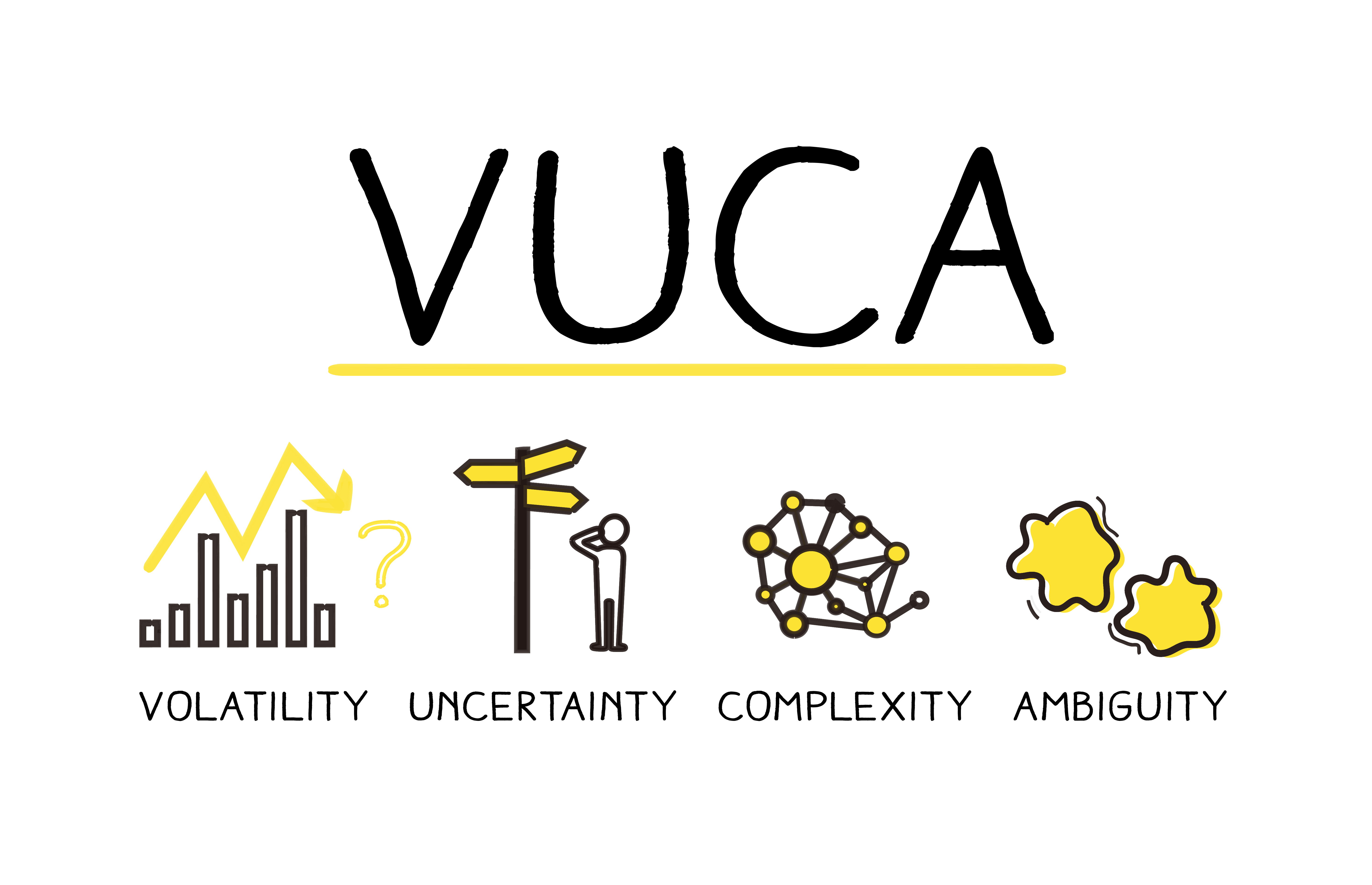Why Do We Need Systems Thinking?

claudenakagawa / shutterstock See Infographic Description
VUCA
Our world today is volatile, unpredictable, complex and ambiguous. You may have heard this referred to before as “VUCA”.
This world has brought benefits, but also unintended consequences. Some are harmful and unjust, and have brought us to the brink of an existential social and ecological crisis. Crises such as climate change or pandemics impact everyone, and will continue to do so. However, we are not equally affected by the challenges that we face. Systemic barriers impact some of us, due to our social or geographic locations, more than others. The COVID-19 pandemic was a powerful example of how unjust our systems are, and how this inequality ultimately hurts us all.
To learn more about how the pandemic shone a spotlight on many different inequalities globally, read “Inequality in the Time of COVID-19" by Francisco H. G. Ferreira.
We tend to think about problems and solutions in straightforward, formulaic, and human-centric ways. You may have heard this referred to as “LMAO” thinking. LMAO stands for linear, mechanistic, anthropocentric and ordered”. However, evolving global complexity requires new ways of thinking and problem solving.

Josie Elias / Shutterstock
We need to learn to approach problems differently in ways that embrace our mutual dependency and which protect the planet. Systems Thinking allows us to embrace complexity instead of racing towards a new solution. It encourages us to understand challenges deeply and do so from diverse human and ecological perspectives.
Don’t be “LMAO” in a “VUCA” world.
If you would like to learn more about VUCA and the types of thinking and strategies that work well in the VUCA context, consider taking a few minutes to watch the following video:
VUCA Environments
How can you apply VUCA as a Humber College educator?
Recognizing the concept of VUCA provides a framework for understanding the nature of today's fast-changing, interconnected, and unpredictable world. Remembering VUCA can help you design courses that prepare learners for the challenges they will face in the real world by teaching them to think more adaptively, to be more resilient, and to be more comfortable with uncertainty and ambiguity. By integrating the concept of VUCA, you can ensure that learners develop skills in critical thinking, problem-solving, communication, collaboration, and innovation, which are essential for success in a VUCA world. Moreover, understanding the concept of VUCA can help you to be more effective in your practice by enabling you to anticipate and respond to the rapidly changing needs and expectations of students, colleagues, and the broader community.
How can you use VUCA as a framework for developing critical thinking and problem-solving skills in one of your classes or in your professional practice?
Please reflect on this question before continuing in the module.